The “Entrepreneurship and Innovation” module in a Professional Master in Interior Design Project Management program focuses on equipping students with the knowledge and skills necessary to navigate the business aspects of the interior design industry and potentially start their own design practices or businesses. This module is designed to foster entrepreneurial thinking, business acumen, and strategic planning tailored to the field of interior design.
The course begins with an exploration of entrepreneurship fundamentals, covering topics such as business planning, market analysis, branding, and legal considerations specific to interior design businesses. Students learn to identify market opportunities, conduct competitive analysis, and develop business models that align with their professional goals and target audience.
Emphasis is placed on understanding the financial aspects of running an interior design business, including budgeting, cost estimation, pricing strategies, and revenue forecasting. Students explore marketing and promotional strategies tailored to interior design services, including digital marketing, networking, and client relationship management.
Practical applications include case studies of successful interior design entrepreneurs and small business owners, where students analyze business strategies, challenges, and success factors. They learn to develop business proposals, create professional portfolios, and pitch design concepts to potential clients or investors.
The module also covers essential skills in project management, contract negotiation, and client communication within the context of interior design projects. Students gain insights into ethical considerations, sustainability practices, and industry regulations that impact entrepreneurial ventures in interior design.
By the end of the module, students are prepared to embark on entrepreneurial endeavors within the interior design industry, equipped with a comprehensive understanding of business fundamentals and practical strategies for launching and managing their own design businesses. They are encouraged to apply entrepreneurial principles to innovate, differentiate, and succeed in a competitive marketplace.
The “Corporate Strategies” module within a Professional Master in Interior Design Project Management program focuses on developing students’ ability to formulate and implement strategic initiatives that align with organizational goals and enhance project outcomes within the interior design industry.
The module begins with an exploration of strategic planning frameworks and methodologies relevant to interior design project management. Students learn to analyze internal and external environments, assess competitive landscapes, and identify strategic opportunities and challenges facing organizations and projects.
Emphasis is placed on understanding the role of strategic thinking in guiding decision-making processes, resource allocation, and risk management within complex interior design projects. Students study techniques for setting strategic objectives, defining project scopes, and establishing key performance indicators (KPIs) to measure project success.
Practical applications include case studies, simulations, or real-world projects where students apply strategic management concepts to develop comprehensive project plans and implementation strategies. They engage in strategic analysis, scenario planning, and stakeholder engagement exercises to anticipate and respond to dynamic market conditions and project constraints.
The module covers leadership principles, change management strategies, and organizational culture dynamics that influence strategic decision-making and project outcomes in interior design settings. Students explore strategies for fostering innovation, promoting sustainability practices, and leveraging emerging technologies to enhance project delivery and client satisfaction.
Additionally, the module may address strategic communication strategies, negotiation techniques, and conflict resolution skills essential for building consensus, aligning stakeholder interests, and mitigating project risks effectively. Students gain insights into managing project portfolios, aligning project objectives with organizational goals, and achieving sustainable competitive advantage in the interior design marketplace.
By the end of the module, students are expected to demonstrate proficiency in applying strategic management principles and frameworks to lead and manage complex interior design projects successfully. They emerge with the ability to integrate strategic thinking, operational efficiency, and ethical considerations into their project management practices, positioning themselves as strategic leaders in the interior design profession.
The “Corporate Finance” module within a Professional Master in Interior Design Project Management program focuses on equipping students with the essential knowledge and skills to manage financial resources effectively within interior design projects and organizations.
The module begins with an exploration of financial management principles and practices specific to corporate environments within the interior design industry. Students learn to analyze financial statements, interpret key financial metrics, and assess the financial health and performance of interior design firms and projects.
Emphasis is placed on understanding the role of corporate finance in project feasibility analysis, budgeting, cost estimation, and financial forecasting for interior design projects. Students study techniques for financial risk assessment, cash flow management, and capital budgeting to optimize project profitability and sustainability.
Practical applications include case studies, financial modeling exercises, and simulations where students apply corporate finance concepts to evaluate investment decisions, assess project viability, and formulate financial strategies that align with project goals and organizational objectives.
The module covers financial planning and control mechanisms, including variance analysis, cost management strategies, and financial reporting requirements specific to interior design project management. Students gain insights into regulatory compliance, tax implications, and financial governance practices that impact project financing and resource allocation.
Additionally, the module may address financial valuation techniques, mergers and acquisitions (M&A), and strategic financial management practices relevant to interior design firms operating in global markets. Students explore capital structure decisions, financing options, and funding sources available for interior design projects across different stages of the project lifecycle.
By the end of the module, students are expected to demonstrate proficiency in applying corporate finance principles and tools to optimize financial performance and mitigate financial risks within interior design projects. They emerge with the ability to make informed financial decisions, communicate financial insights effectively to stakeholders, and contribute strategically to organizational success in the interior design industry.
The “Organizational Behaviour” module within a Professional Master in Interior Design Project Management program focuses on understanding individual and group dynamics, leadership styles, and organizational culture within the context of interior design firms and project teams.
The module begins with an exploration of foundational theories and concepts in organizational behaviour, including motivation, communication, decision-making, and conflict resolution. Students learn to analyze behaviour patterns, interpersonal dynamics, and organizational structures that influence team effectiveness and project outcomes.
Emphasis is placed on understanding the impact of leadership styles, organizational culture, and diversity on team performance and collaboration in interior design projects. Students study techniques for fostering a positive work environment, building cohesive project teams, and promoting ethical behaviour and accountability within organizations.
Practical applications include case studies, role-playing exercises, and team-building activities where students apply organizational behaviour principles to real-world scenarios. They engage in self-assessment tools, feedback mechanisms, and reflective practices to enhance their interpersonal skills, emotional intelligence, and leadership capabilities.
The module covers strategies for managing organizational change, navigating power dynamics, and promoting innovation and creativity within interior design project teams. Students explore effective communication strategies, conflict resolution techniques, and negotiation skills essential for building consensus and achieving project goals.
The “Strategic Marketing” module within a Professional Master in Interior Design Project Management program focuses on exploring innovative strategies and techniques for marketing interior design services and products in competitive markets.
The module begins with an examination of foundational principles in marketing, market analysis, and consumer behavior specific to the interior design industry. Students learn to identify market trends, consumer preferences, and competitive positioning strategies that impact marketing decisions.
Emphasis is placed on understanding the role of innovation in marketing, including product differentiation, brand management, and the development of unique value propositions within interior design projects and firms. Students study techniques for leveraging digital marketing platforms, social media, and emerging technologies to reach target audiences and enhance brand visibility.
Practical applications include case studies, market research projects, and marketing campaign simulations where students apply innovative marketing concepts to real-world scenarios. They engage in strategic planning exercises, branding workshops, and customer experience mapping to develop creative marketing solutions that resonate with clients and stakeholders.
The module covers strategic marketing planning, promotional strategies, and integrated marketing communications relevant to interior design project management. Students explore the importance of storytelling, content marketing, and thought leadership in establishing credibility and fostering client relationships within the interior design marketplace.
Additionally, the module may address ethical considerations in marketing practices, sustainability marketing, and responsible branding strategies that align with corporate social responsibility (CSR) principles in the interior design industry. Students gain insights into measuring marketing effectiveness, analyzing campaign metrics, and adapting marketing strategies based on market feedback and performance data.
By the end of the module, students are expected to demonstrate proficiency in applying innovative marketing strategies and techniques to promote interior design services, products, and projects effectively. They emerge with the ability to develop comprehensive marketing plans, execute targeted campaigns, and differentiate their brands in competitive markets, positioning themselves as strategic leaders in interior design project management.
The “Project Management” module within a Professional Master in Interior Design Project Management program is designed to equip students with the essential knowledge, skills, and methodologies necessary to effectively lead and manage interior design projects from inception to completion.
The module begins with an overview of project management fundamentals, including project lifecycle phases, project constraints (scope, time, cost), and project integration across various disciplines within interior design practice. Students learn to initiate projects, define project objectives, and establish project charters that align with organizational goals and client expectations.
Emphasis is placed on project planning processes, including scope management, work breakdown structures (WBS), scheduling techniques (such as Gantt charts and critical path method), and resource allocation strategies specific to interior design projects. Students study techniques for risk assessment, contingency planning, and stakeholder management to mitigate project risks and optimize project outcomes.
Practical applications include case studies, project simulations, and hands-on exercises where students apply project management tools and techniques to real-world interior design scenarios. They engage in project scoping exercises, cost estimation tasks, and procurement planning activities to develop comprehensive project plans that meet quality standards, regulatory requirements, and client specifications.
The module covers project execution and monitoring processes, including project team leadership, communication management, and performance monitoring. Students learn to track project progress, manage project budgets, and address issues and changes that may arise during project implementation.
Additionally, the module may address project closure activities, post-project evaluation, and lessons learned documentation to enhance project delivery and organizational learning within interior design firms. Students explore project management software tools, collaborative platforms, and digital technologies that support efficient project execution and team collaboration in a virtual or distributed work environment.
By the end of the module, students are expected to demonstrate proficiency in applying project management methodologies and best practices to successfully manage interior design projects of varying complexity and scale. They emerge with the ability to lead project teams, communicate effectively with stakeholders, and deliver projects on time, within budget, and in accordance with quality standards.
The “Interior Design Professional Practice & Management” module focuses on preparing students for the business and management aspects of professional interior design practice. This advanced course is designed to equip students with the knowledge, skills, and ethical considerations necessary to succeed as interior design professionals and leaders in the industry.
The course begins with an exploration of the roles and responsibilities of interior designers within the broader context of the design profession. Students examine professional ethics, legal considerations, and regulatory requirements governing interior design practice, including contracts, liability issues, and intellectual property rights.
Emphasis is placed on developing proficiency in project management methodologies tailored to interior design projects. Students learn to navigate the project lifecycle, from initial client consultations and needs assessments to project planning, budgeting, scheduling, and procurement of materials and furnishings.
Practical applications include case studies of real-world interior design projects, where students analyze project briefs, develop design proposals, and manage project deliverables within specified timelines and budgets. They learn to collaborate effectively with clients, consultants, contractors, and suppliers to ensure the successful implementation and execution of design solutions.
The module also covers business development strategies, marketing techniques, and client relationship management essential for building a successful interior design practice or advancing within established firms. Students explore professional networking, branding, and digital communication platforms to promote their services and expand their professional networks.
Additionally, the module may include discussions on industry trends, emerging technologies, and sustainability practices impacting interior design practice. Students are encouraged to integrate sustainable design principles, universal design concepts, and evidence-based design research into their professional practice to address contemporary challenges and societal needs.
By the end of the module, students are expected to demonstrate competence in managing all aspects of interior design projects, from conceptualization through to completion and post-occupancy evaluation. They emerge with the skills and confidence to navigate the complexities of the design profession, uphold ethical standards, and deliver innovative interior solutions that meet client objectives and exceed industry standards.
The “Interior Construction Economics” module focuses on equipping students with the knowledge and skills to effectively manage the financial aspects of interior design projects. This advanced course integrates principles of economics, cost estimation, budgeting, and financial management within the context of interior construction and design.
The course begins with an exploration of economic principles relevant to the construction industry, including supply and demand dynamics, market analysis, and economic forecasting. Students learn to analyze economic trends and their impact on material costs, labor rates, and overall project expenditures.
Emphasis is placed on cost estimation methodologies specific to interior construction projects. Students study techniques for quantifying and pricing materials, labor, and overhead expenses associated with interior finishes, furnishings, fixtures, and equipment (FF&E).
Practical applications include hands-on exercises and case studies where students develop comprehensive cost estimates and budgets for various types of interior design projects. They learn to use industry-standard software tools for cost estimating and project management, such as RSMeans, CostX, or Excel-based templates.
The module also covers strategies for managing project budgets, monitoring expenses, and controlling costs throughout the project lifecycle. Students explore methods for value engineering, cost-saving alternatives, and negotiating contracts with vendors, suppliers, and subcontractors to maximize project profitability.
Additionally, the module may address financial analysis techniques, cash flow management, and risk assessment in relation to interior design projects. Students learn to prepare financial reports, feasibility studies, and investment appraisals to support decision-making and project planning processes.
By the end of the module, students are expected to demonstrate proficiency in applying economic principles and cost management strategies to interior construction projects. They emerge with the ability to develop accurate cost estimates, manage project budgets effectively, and navigate the financial complexities of interior design practice to achieve successful project outcomes.
The “Interior Design Construction” module in a Professional Degree in Interior Design program focuses on educating students about the practical aspects of construction techniques and materials relevant to interior design projects. This foundational course aims to provide students with a comprehensive understanding of how interior spaces are constructed and finished.
The module begins with an introduction to construction methods, building materials, and assembly techniques commonly used in interior design. Students learn about structural systems, wall assemblies, flooring options, ceiling treatments, and other interior architectural elements.
Emphasis is placed on understanding construction drawings, specifications, and technical documents essential for communicating design intent to contractors and builders. Students explore industry standards, codes, and regulations governing interior construction, ensuring compliance with safety, accessibility, and environmental requirements.
Practical applications include hands-on workshops, site visits, and demonstrations where students observe construction processes and techniques firsthand. They learn to evaluate material properties, construction costs, and durability considerations when selecting finishes and furnishings for interior spaces.
The module may also cover topics such as sustainable construction practices, adaptive reuse of existing structures, and the integration of building systems (e.g., HVAC, plumbing, electrical) within interior environments. Students are encouraged to develop technical proficiency in detailing and specifying interior construction materials and methods that support design concepts and enhance spatial functionality.
By the end of the module, students gain proficiency in translating design concepts into built environments through effective construction detailing and management. They are prepared to collaborate with architects, contractors, and other stakeholders to ensure the successful implementation of interior design projects from conception to completion.
The “Studio Interior Design (Residential) using AI Interior Design Software” module in a Professional Master in Interior Design Project Management program focuses on leveraging artificial intelligence (AI) and advanced interior design software tools to conceptualize, develop, and present residential interior design projects.
The module begins with an introduction to AI technologies and their application in interior design, emphasizing their role in automating design processes, enhancing design creativity, and optimizing decision-making in residential design projects. Students learn to use AI-powered software platforms for space planning, furniture arrangement, material selection, and visualization.
Emphasis is placed on understanding the capabilities and limitations of AI in interior design, including AI algorithms for style prediction, trend analysis, and personalized design recommendations tailored to client preferences and project requirements.
Practical applications include hands-on studio projects where students collaborate with AI software tools to create innovative residential interior design concepts. They engage in space modeling, 3D rendering, virtual reality (VR) simulations, and augmented reality (AR) experiences to visualize and present design proposals effectively to clients and stakeholders.
The module covers AI-driven design optimization techniques, including parametric design, generative design, and computational design methodologies that streamline iterative design processes and enhance design efficiency in residential interiors.
Additionally, the module may address ethical considerations, data privacy issues, and professional responsibilities associated with using AI in interior design practice. Students explore case studies, industry trends, and best practices for integrating AI technologies responsibly and effectively within the context of residential interior design projects.
By the end of the module, students are expected to demonstrate proficiency in applying AI interior design software tools to innovate, automate, and optimize residential interior design processes. They emerge with the ability to harness AI technologies to enhance design creativity, improve project workflow efficiency, and deliver personalized design solutions that meet client expectations and industry standards.
The “Master Project 1” module in a Professional Master in Interior Design Project Management program is a capstone research project that requires students to conduct in-depth scholarly research and produce a substantial written document.
The module begins with a focus on defining a research topic or problem statement relevant to interior design project management. Students conduct a comprehensive literature review to explore existing theories, research findings, and best practices in the field. They identify gaps in knowledge or areas for further investigation that inform their research objectives.
Emphasis is placed on research methodology and design, where students select appropriate research methods (qualitative, quantitative, or mixed methods) and data collection techniques to address their research questions effectively. They develop research frameworks, hypotheses, and conceptual models to guide their investigation.
Practical applications include data gathering, analysis, and interpretation processes aligned with the chosen research methodology. Students may collect primary data through surveys, interviews, or case studies, and analyze secondary data from scholarly sources, industry reports, and relevant literature.
The module covers writing and structuring a scholarly journal article or thesis, adhering to academic writing conventions, and integrating findings from empirical research with theoretical frameworks. Students are expected to demonstrate critical thinking, analytical rigor, and academic integrity throughout the research process.
Additionally, the module may include milestones for drafting chapters, peer review processes, and feedback sessions with faculty advisors to refine the research document. Students engage in presentations or seminars to discuss their research findings, conclusions, and implications for interior design project management practice.
By the end of the module, students produce a comprehensive journal article or thesis of approximately 20,000 words that contributes new knowledge, insights, or practical recommendations to the field of interior design project management. The document undergoes evaluation based on originality, scholarly rigor, research methodology, and contribution to advancing the discipline.
The “Master Project 2” module in a Professional Master in Interior Design Project Management program focuses on a substantial research project, where students investigate a management-related topic within the context of interior design project management.
- Research Topic Definition: Students begin by defining a specific research topic or problem statement related to management aspects within interior design project management. This could include topics such as project leadership, organizational behavior, strategic management, change management, or innovation management in interior design projects.
- Literature Review: The module starts with a comprehensive review of existing literature, theories, and research findings relevant to the chosen management topic. Students identify gaps in knowledge or areas requiring further exploration to guide their research objectives effectively.
- Research Methodology: Emphasis is placed on selecting appropriate research methods (qualitative, quantitative, or mixed methods) and data collection techniques aligned with the research topic. Students develop research frameworks, hypotheses, and research questions to guide their investigation.
- Data Collection and Analysis: Practical applications involve collecting and analyzing data using chosen research methodologies. This may include primary data collection through surveys, interviews, or case studies, and secondary data analysis from scholarly sources and industry reports.
- Writing and Structuring: Students draft and structure their journal article or thesis following academic writing conventions. They integrate findings from empirical research with theoretical frameworks, demonstrating critical thinking, analytical rigor, and scholarly integrity.
- Review and Feedback: The module includes milestones for drafting chapters and receiving feedback from faculty advisors or peers. Students engage in peer review processes, refine their research document based on feedback, and prepare for final submission.
- Presentation and Defense: Towards the end of the module, students present their research findings, conclusions, and implications in a seminar or defense session. They discuss the practical relevance and contributions of their research to the field of interior design project management.
By the conclusion of the module, students produce a scholarly journal article or thesis of approximately 20,000 words that contributes new knowledge, insights, or practical recommendations related to management within interior design project management. The document undergoes evaluation based on originality, academic rigor, research methodology, and its contribution to advancing management practices in the interior design profession.
The module delves into the process of preparing quotations and proposals for interior design projects, emphasizing cost estimation, pricing strategies, and budget management. Students learn to analyze project requirements, calculate material and labor costs, and create comprehensive quotations that align with client expectations and project specifications.
Practical exercises and case studies simulate real-world scenarios, allowing students to apply their knowledge and skills to develop accurate and competitive project quotations. They also learn negotiation techniques, contract drafting, and risk management strategies to ensure successful project outcomes and client satisfaction.
By the end of the module, students gain proficiency in business practices specific to interior design, including effective client relationship management and financial planning. They are equipped with the tools and strategies necessary to navigate the business aspects of the industry, from initial client consultation to project completion and beyond.
_(7).png)






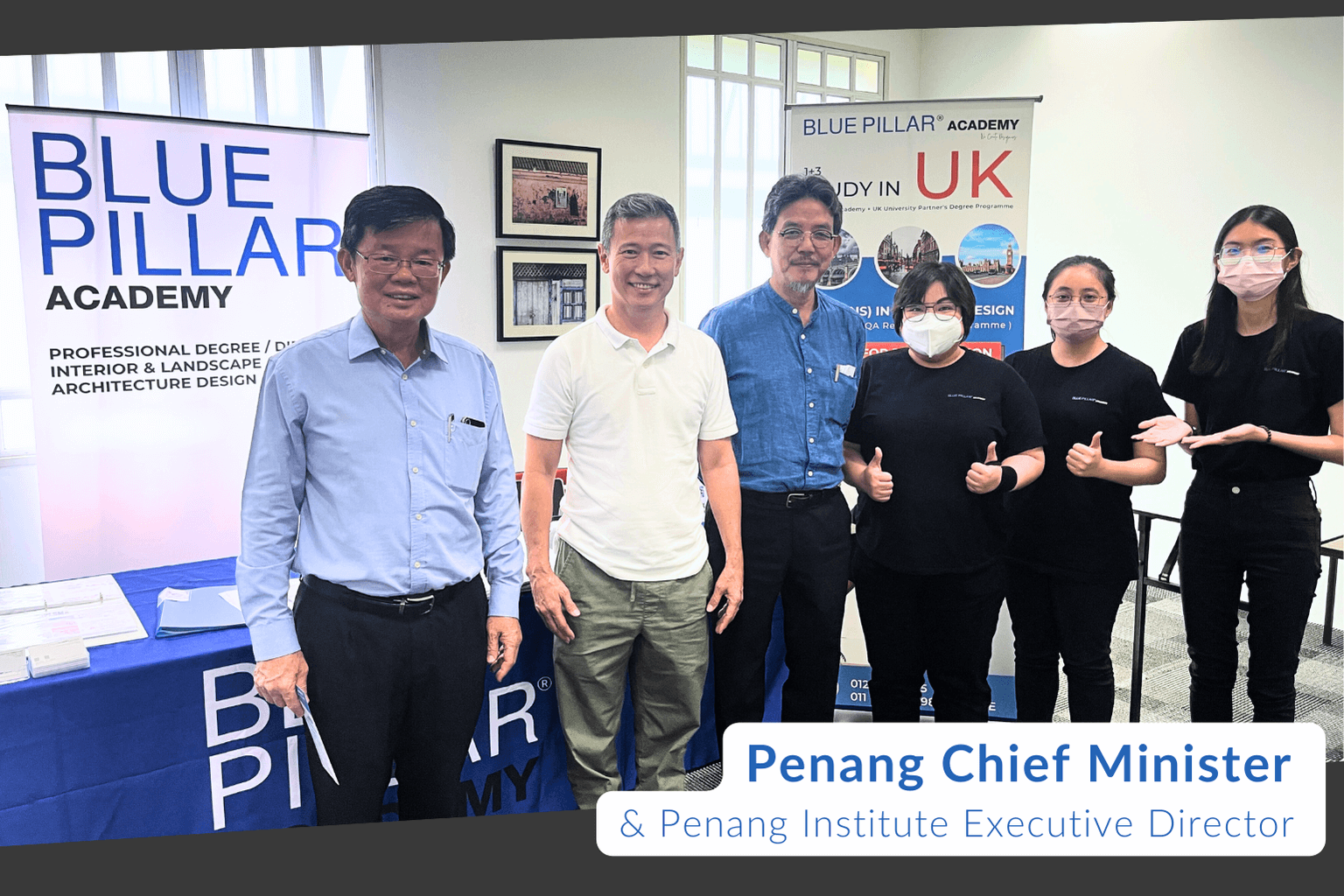
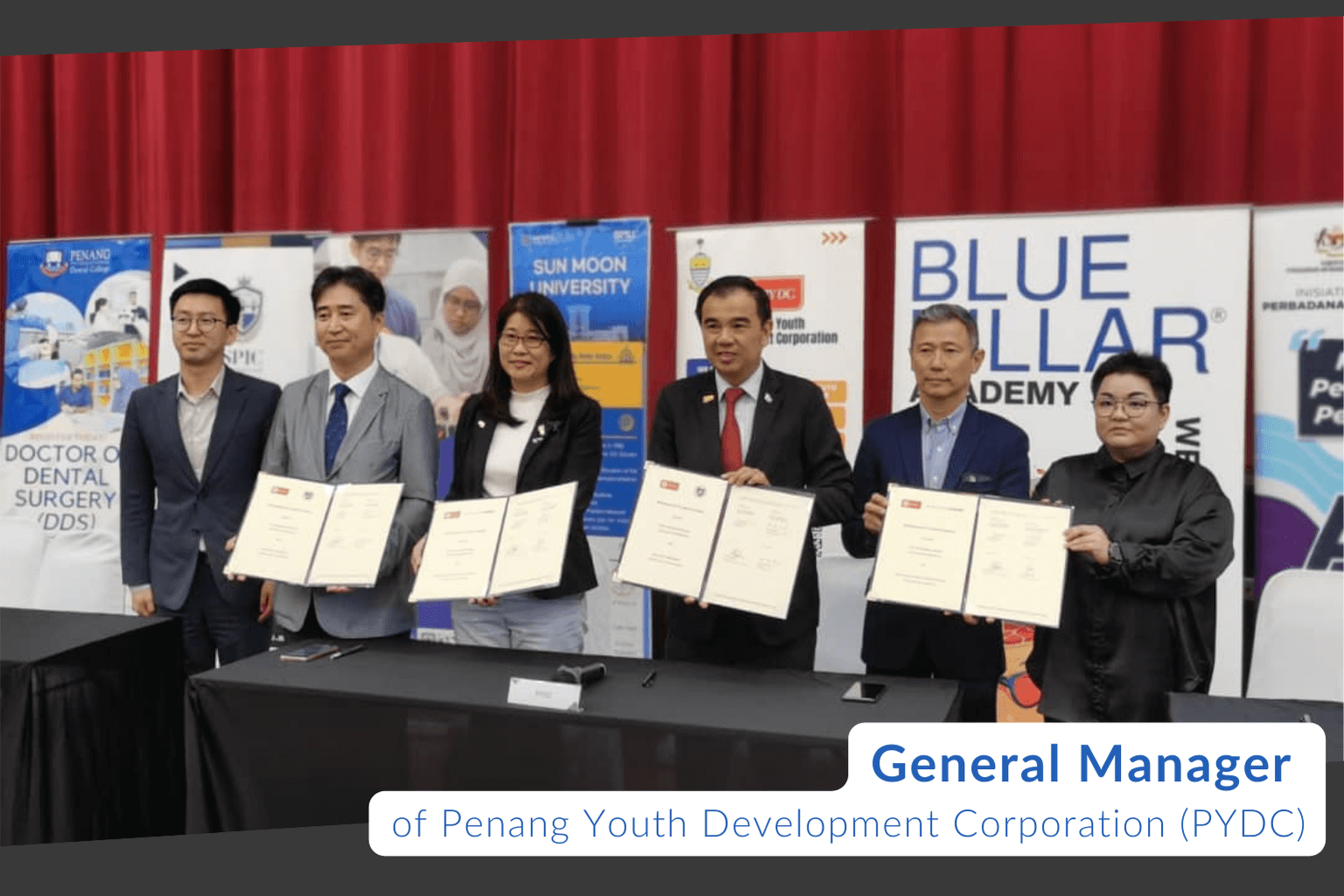

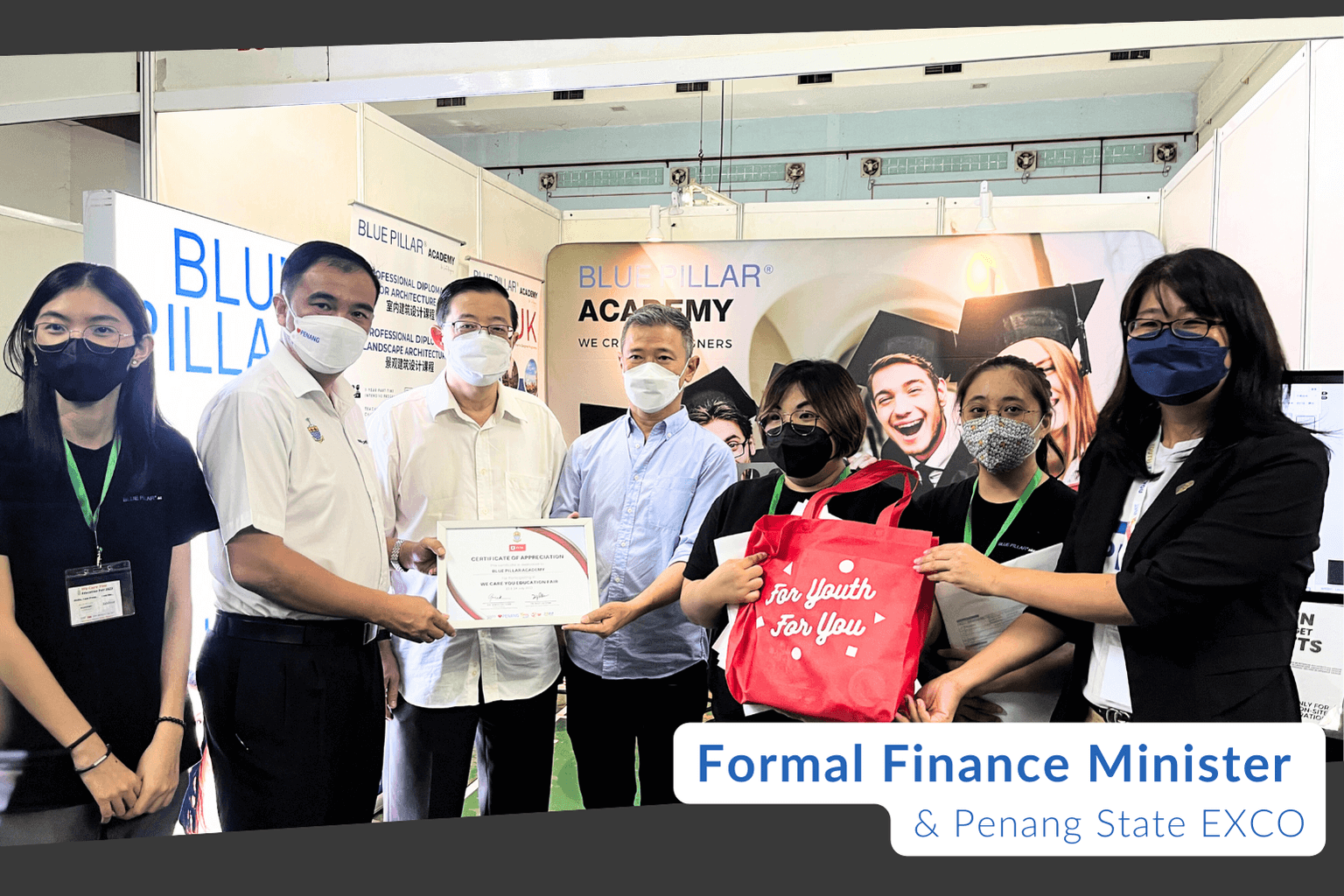

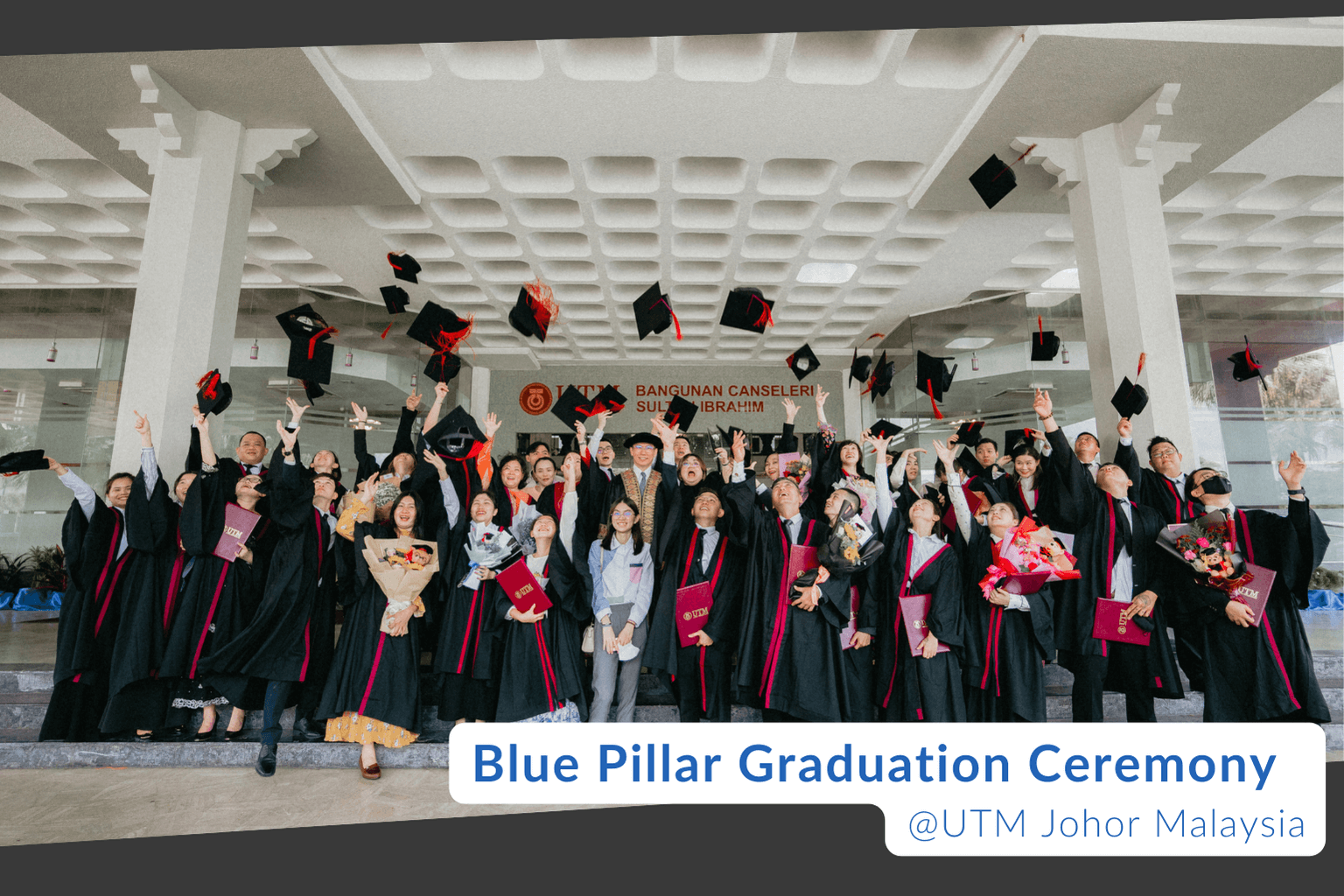
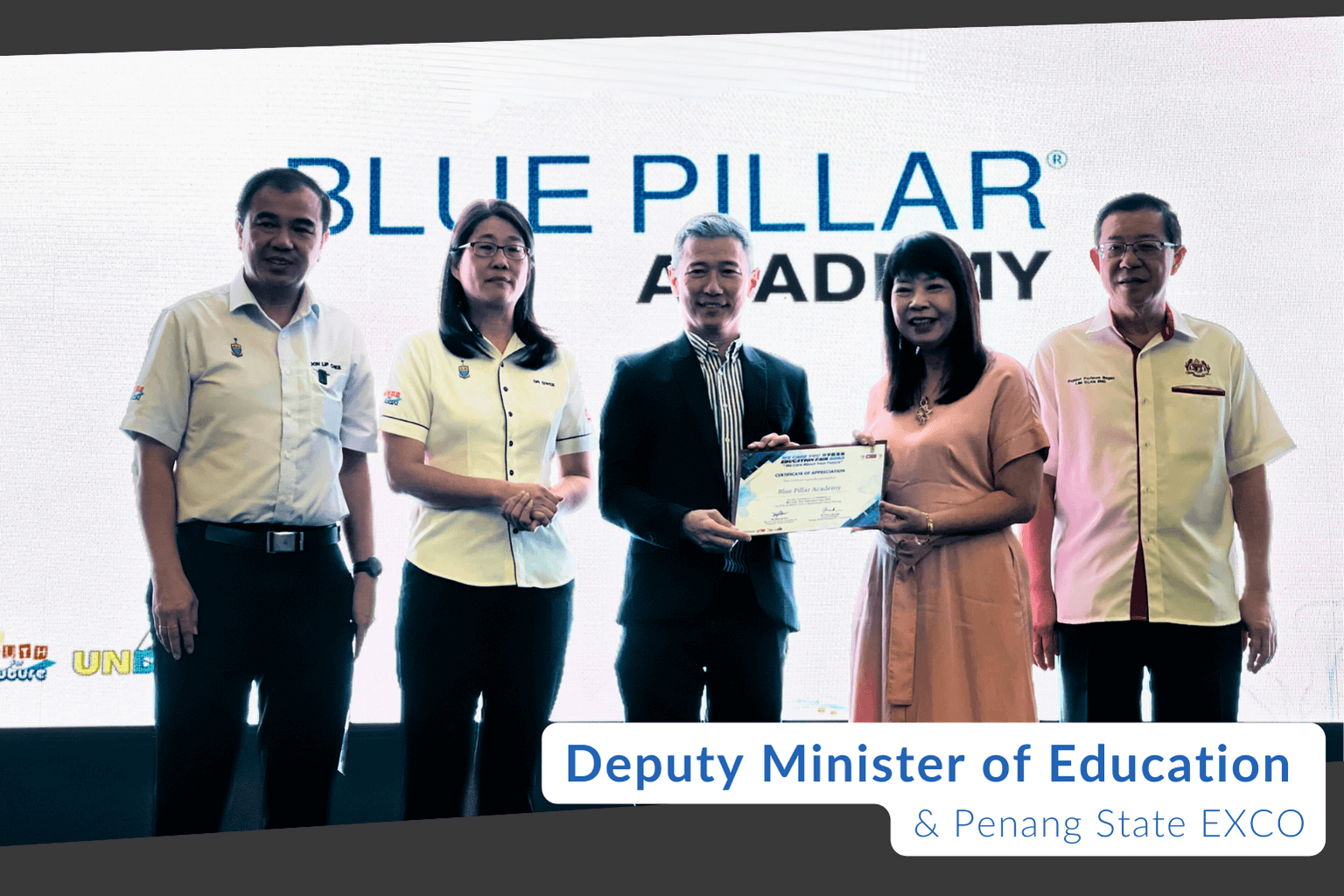
.png)




